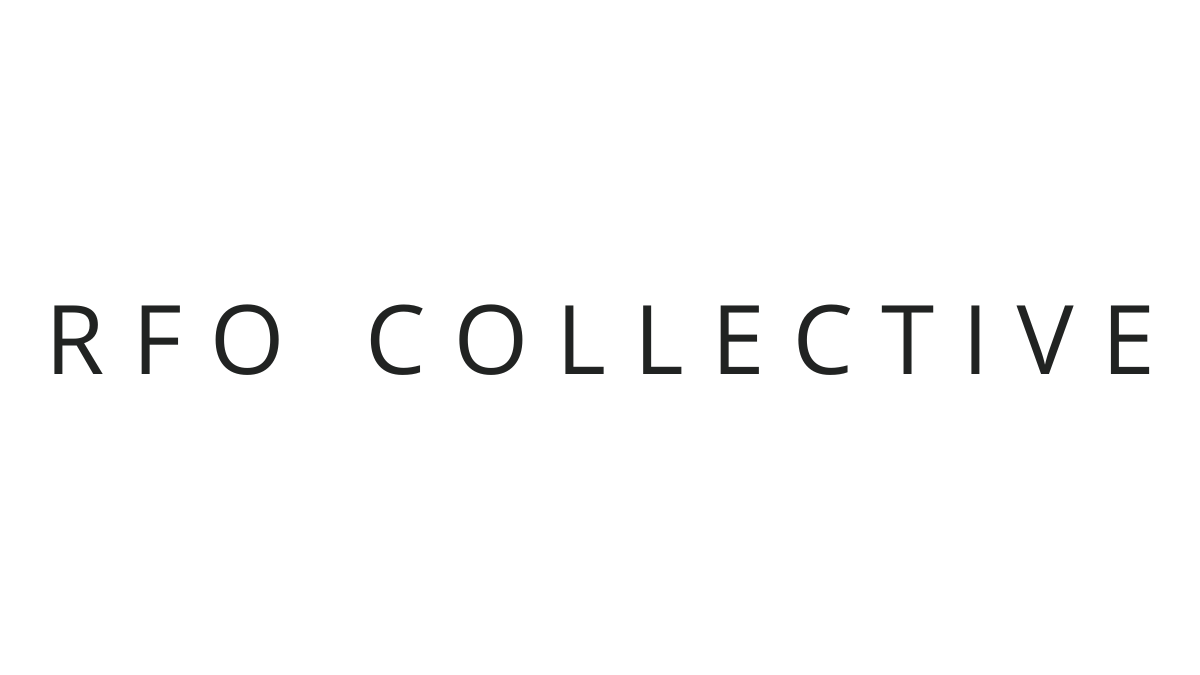An Unlikely Bond: Mandela and de Klerk's Story of Friendship
Nelson Mandela and F.W. de Klerk, two figures from opposite ends of South Africa's racial divide, forged an unlikely friendship that serves as a powerful testament to mending broken bonds and practising forgiveness. Their story transcends political expediency, offering a glimpse into the transformative power of human connection.
Mandela, the ANC leader imprisoned for 27 years under apartheid, and de Klerk, the National Party president who inherited that system, initially embodied the deep chasms in South Africa. Yet, in a secret 1990 meeting at Tuynhuys, de Klerk surprised Mandela by acknowledging the failures of apartheid. Mandela, ever the pragmatist, saw a potential partner, stating, "When you are negotiating, you have to accept what a man says... We must accept that he wants to bring about democratic changes." [Time Magazine]
This acceptance marked a turning point. Mandela, despite his years of incarceration, displayed a willingness to see beyond past wrongs. De Klerk, on the other hand, began dismantling the very system he had championed. These initial steps were tentative, fraught with suspicion and violence. However, their shared commitment to peaceful transition kept them engaged.
A pivotal moment arrived in 1993 when they received the Nobel Peace Prize jointly. Mandela, in his acceptance speech, acknowledged the significance of their partnership: "We stand here not as white or black, Westerner or Eastern, nor northerner or southerner, but as people who have come to understand the power that forgiveness can hold." This public display of unity sent a powerful message to a deeply divided nation.
Their post-presidency years offered a glimpse into their evolving friendship. De Klerk, once a symbol of oppression, visited Mandela's rural home in Qunu. Mandela, ever the gracious host, reportedly told him, "You are now part of the Mandela family." [FW de Klerk discusses friendship with Nelson Mandela - YouTube] This seemingly simple act underscored their commitment to a future built on reconciliation.
Of course, their relationship wasn't without its complexities. Mandela, on occasion, expressed frustration with de Klerk's slowness in acknowledging the full extent of apartheid's brutality. Yet, they persevered, understanding the importance of their bond for the nation's healing.
Theirs is a story that transcends a simple narrative of forgiveness. It's about the courage to see beyond animosity, the willingness to take risks for a greater good, and the enduring power of human connection. In a world often consumed by conflict, the Mandela-de Klerk friendship stands as a beacon, a reminder that even the most profound divides can be bridged through empathy and a shared vision for a better future.

